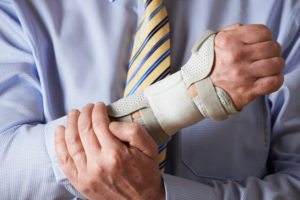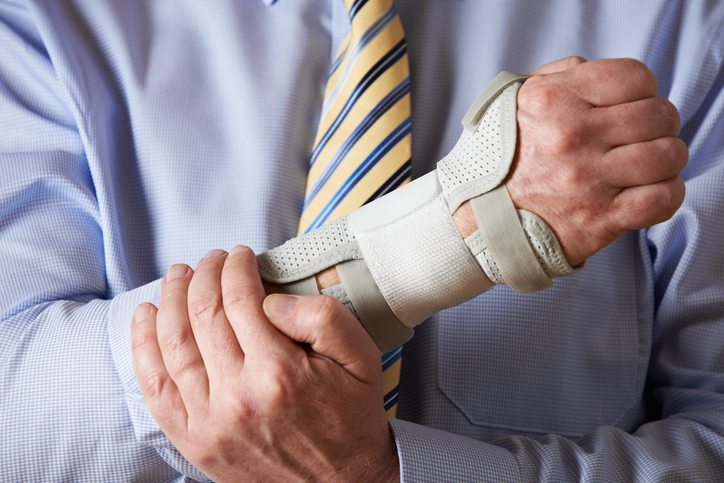 Have you been injured by a product? Did the product fail to perform as advertised? If you believe either of these scenarios apply to you, you may be entitled to compensation. Where a defective product has been found and caused a personal injury, companies in the change of possession are all jointly and severally liable for those injuries. The burden of proving the product was defective and caused the injury falls on the injured party. If the injured person can successfully demonstrate that the product was defective, either by manufacturing, design or warnings, the company will be found strictly liable for those personal injuries arising from those defects. There are two broad means by which an injured person may demonstrate strict liability. These include breach of contract and claims of negligence. Either of this will impose strict liability on the chain of providers that led the product to your possession. It should also be noted that claims of product negligence and breach of contract may arise beyond the realm of physical products, and also include services for repair or replacement of products, contracts for sale of products and more.
Have you been injured by a product? Did the product fail to perform as advertised? If you believe either of these scenarios apply to you, you may be entitled to compensation. Where a defective product has been found and caused a personal injury, companies in the change of possession are all jointly and severally liable for those injuries. The burden of proving the product was defective and caused the injury falls on the injured party. If the injured person can successfully demonstrate that the product was defective, either by manufacturing, design or warnings, the company will be found strictly liable for those personal injuries arising from those defects. There are two broad means by which an injured person may demonstrate strict liability. These include breach of contract and claims of negligence. Either of this will impose strict liability on the chain of providers that led the product to your possession. It should also be noted that claims of product negligence and breach of contract may arise beyond the realm of physical products, and also include services for repair or replacement of products, contracts for sale of products and more.
“Unfit For Purpose”
Any time a consumer purchases a product or service, the law imposes an implied warranty of merchantability. This means that if a producer of goods or services represents to a consumer that it will achieve certain results or operate in a certain manner, they will be liable for damages in contract where the product falls short of this fitness for purpose. Simple examples might include a lawn mower that doesn’t cut grass, a new car that is constantly breaking down, a bug spray that does not kill bugs etc. Nearly every product on the marketplace makes a claim to the consumer about what it can achieve. In the legal field, this promise by a manufacturer that a product will do a certain thing, is called a warranty of merchantability. If the consumer can demonstrate the product they purchased directly from a retailer does not perform as marketed, they will likely prevail in a lawsuit for breach of contract, and at a minimum receive a refund of the purchase price. If the product causes a personal injury due to not performing as promised, the consumer will likely be entitled to those damages flowing from the breach. A qualified personal injury attorney can better help you understand your rights when a product has failed to meet perform as promised.
Product Liability Arising From Negligence
If you have been harmed by a product, you may also be entitled to tort damages for negligence. Money damages are available if the injured consumer can prove that the manufacturer delivered a product that was suffering from a design, manufacturing or warning defect. Modern high volume manufacturing processes may be reliable, but the occasional broken or misassembled product still makes its way to store shelves from time to time. Where one product causes harm and is different from other like products on the assemply line, and does not conform to design specifications, it is considered a manufacturing defect. These are relatively easy to spot and prove against a manufacturer, and still impose strict liability upon them for your injuries. Design defects are more difficult to prove receive compensation. For a design defect to be proven, the injured consumer must demonstrate no alternative design was available to the manufacturer that decreased the risk of harm while maintaining all the benefits of the “defective design”. This means the consumer must prove to a jury that the engineers who developed the product failed to implement a better design. Engaging in this type of lawsuit will naturally entail arguments from both sides about the feasability of alternative designs. In many cases, consumers are ill equipped to argue against engineers, making design defect litigation one of the more risky front to impose strict liability.
The final means of proving product negligence is with an inadequate warning of possible risks.
